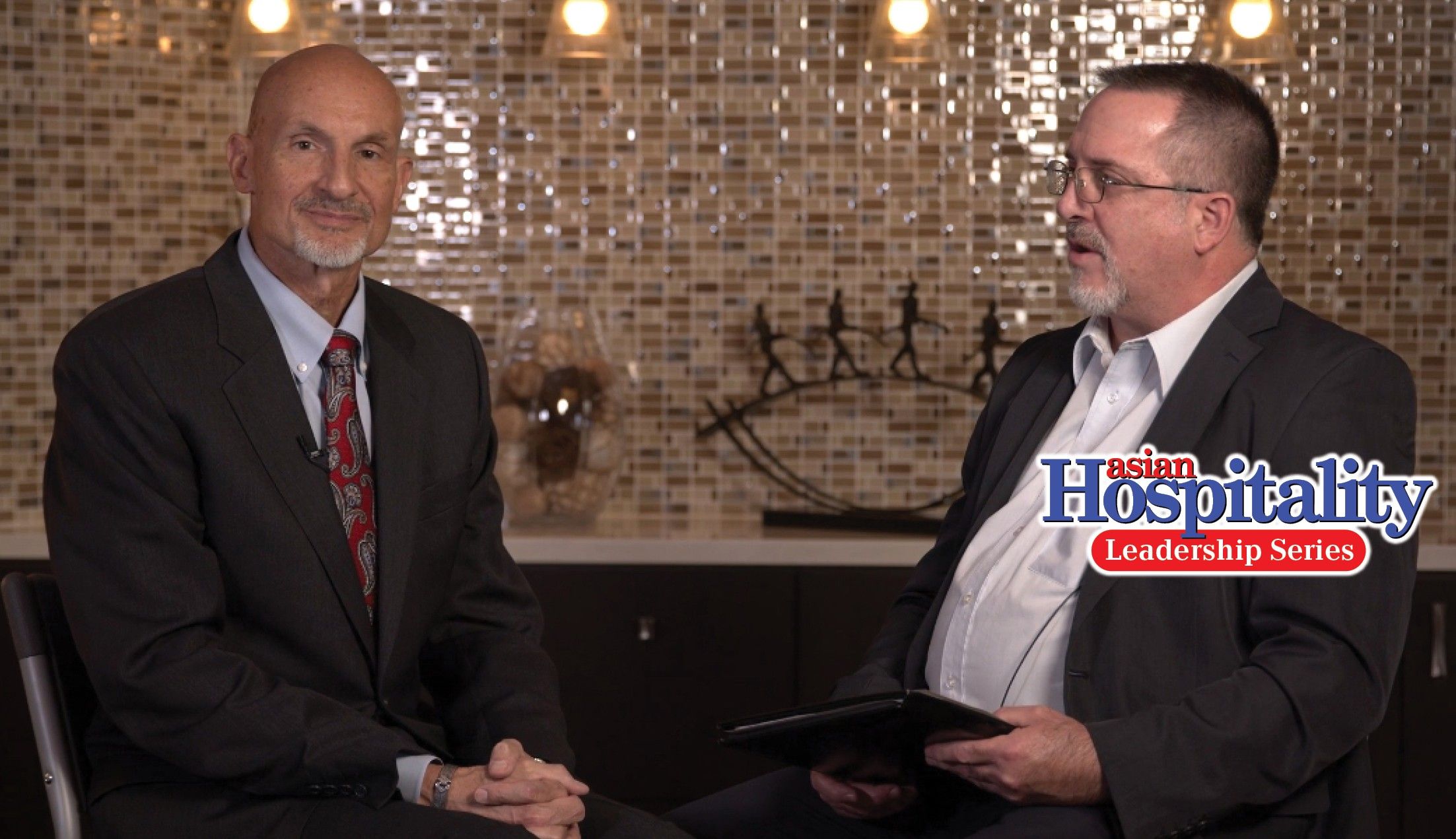Elevating the team
Best Western’s Cuculic shares industry insights in inaugural “Leadership Series” interview
Recently, Larry Cuculic, president and CEO of BWH Hotel Group, sat down with Asian Hospitality to share his insights into the status of the Best Western Hotel brand and the industry as a whole. A video of the entire interview, the first in Asian Hospitality’s “Leadership Series,” is now available on the magazine’s website.
Subjects included the labor crisis, attracting new franchisees and the state of the economy. Below are excerpts from the interview along with additional information on the subjects discussed, including franchise relations, the labor crisis and changes the company has seen since his appointment to the top role.
Franchise relations
One of the biggest issues Cuculic discusses in the interview is maintaining positive relations with Best Western franchisees. He emphasized the need for openness and transparency.
“We disclose all of our contract terms throughout the negotiation. I tell our people, I believe in karma,” Cuculic said in the Leadership Series interview. “Karma doesn’t forget a name or an address. If you treat someone who’s thinking about coming into your brand reasonably fairly, and then when they sign a contract, you drive revenue to them, that’s a win-win relationship. That’s what we want. If you don’t have that win-win relationship, they’re going to leave and your reputation is that you don’t support your hoteliers or believe in that relationship, which then hinders development.”
Cuculic said his training at West Point Military Academy and law school at Notre Dame University instilled in him an innate sense of fairness. Also, due to its structure, the company has to involve its members in every decision.
“I’m the president, CEO of Best Western, I cannot design a governance change,” Cuculic said. “The members vote on all those changes. Our board of directors approves our contracts.”
The labor crisis
Another topic Cuculic covers in his Leadership Series interview is the ongoing labor shortage hotels are facing. The key to attracting and retaining employees, he said, is creating a culture in the company.
“If you build a culture and your associates know that you care about them, and they’re a part of a team, and you equip them to be successful, it’s so much harder for them to leave, quite honestly,” Cuculic said. “It’s because they’re a part of the family, and when you create that culture of family, it can be infectious within that team and the success of that team.”
For example, Cuculic asked why did the Los Angeles Lakers draft Kobe Bryant?
“Their research indicated that he was one of the hardest working individuals on a basketball court and he was driven,” he said. “They knew that Kobe was going to have a halo effect on the Laker organization, clearly. Everybody wants to be Kobe. Everyone recognized how he would elevate the team.”
Accelerated change
Cuculic took a similar approach to efforts to attract new franchisees to the company and to retain them as well. It’s like having a team and building a family at the brand, he said.
“Our attrition level is at historic lows. I cannot stress that enough,” Cuculic said. “People are appreciating how hard we’re working for them. And our attrition hotels leaving has never been this low historically, which is incredible, especially through the pandemic. Through the pandemic, we lost fewer hotels than in prior historical years.”
To grow the brand, Cuculic said, along with bringing in new hotels a franchiser must meet the expectations of hotels that it has. Those expectations, and needs, are changing.
“One of the things I think the pandemic did was it accelerated change. It accelerated change with regard to how people e-shop. It accelerated people’s desire to travel, I think, because you have that pent up demand,” he said. “I also believe that the pandemic also accelerated, in my mind, the need to travel. By way of example, I want to go visit my grandchildren and for two years I couldn’t, generally speaking So, I think that the pandemic has changed the mindset of travel. I think the pandemic also made hoteliers realize people don’t want a box commodity to stay in, they want an experience when they travel. And so, I think it actually accelerated to boutique brands and the soft brands. And that’s where we’re seeing a lot of success right now with regard to development.”




